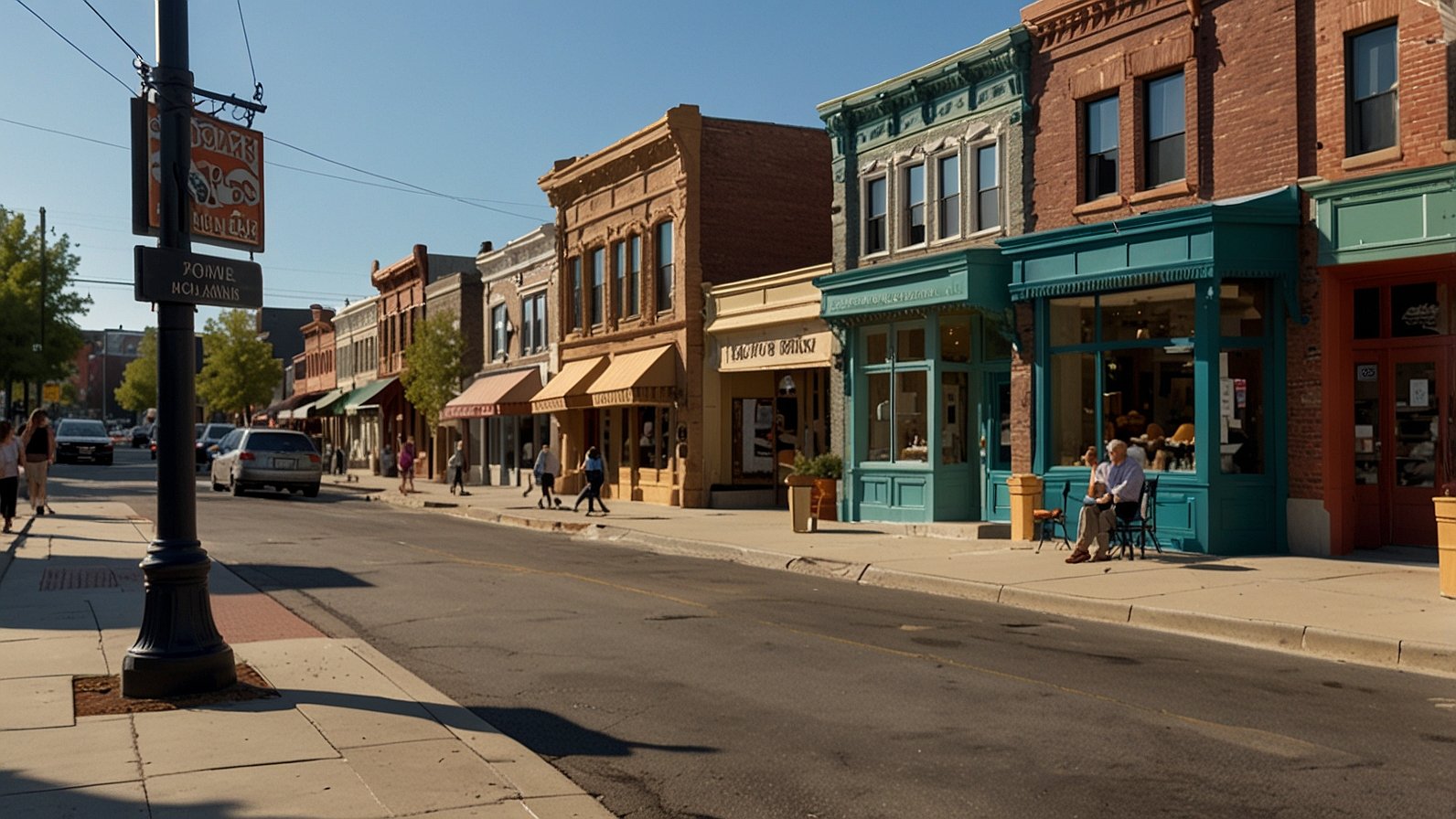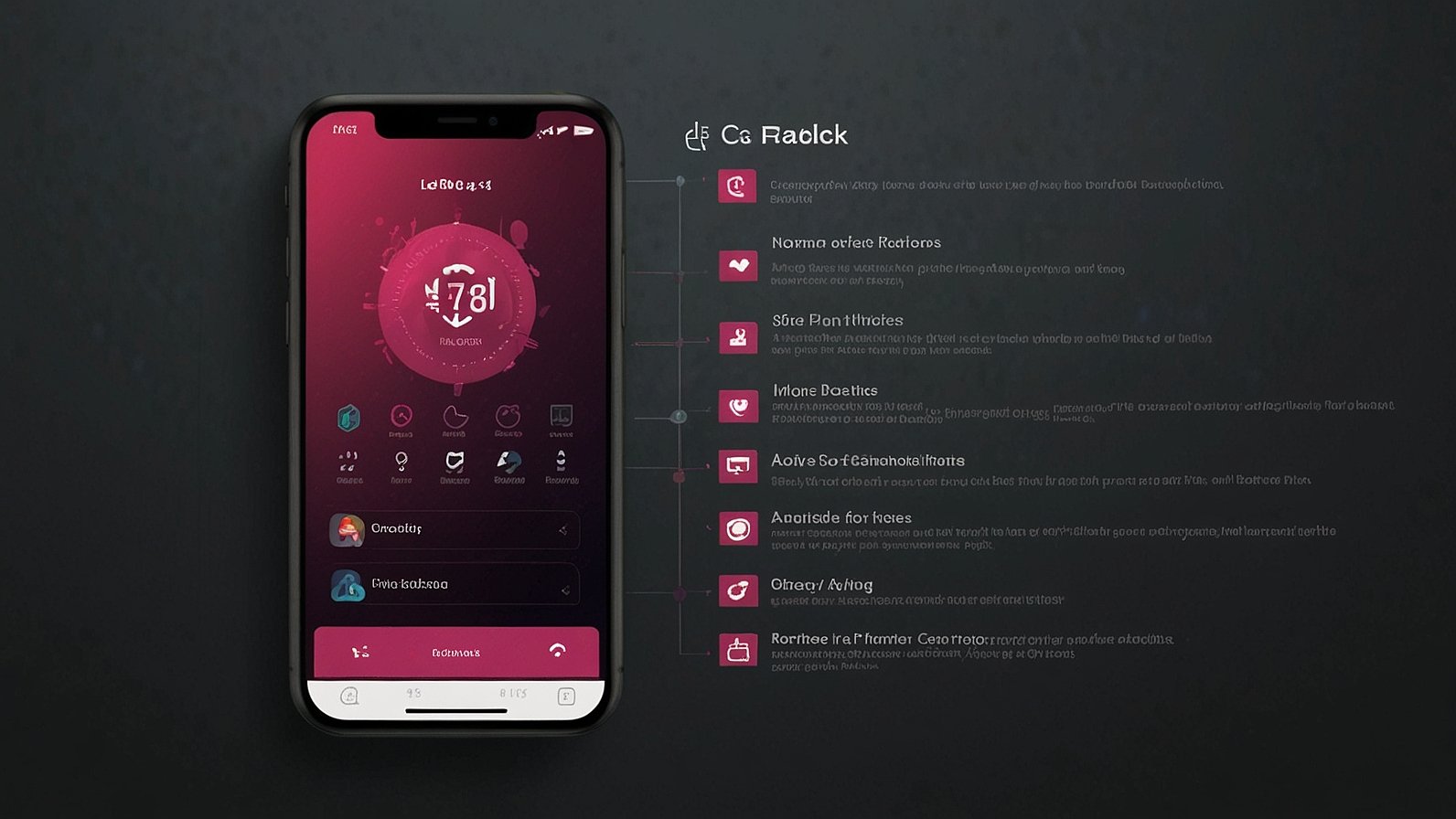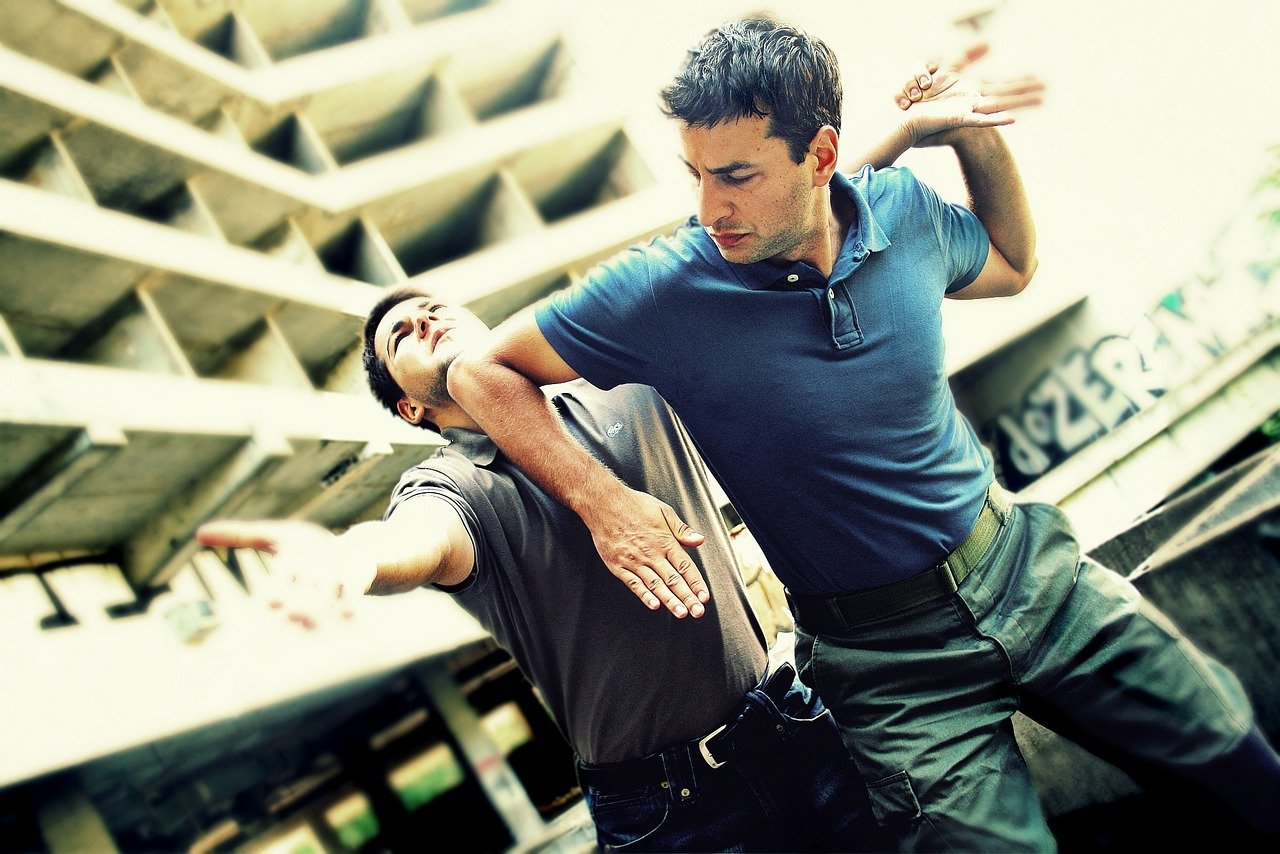Ever wonder what happens to a town’s soul when its historic Main Street shops close and its stories are forgotten? For Mike Wolfe, star of American Pickers, that question isn’t just rhetorical—it’s the very engine driving his life’s work. While many know him for rummaging through dusty barns, his true calling is far grander. This isn’t about a TV show; it’s about a mission. At its heart, Mike Wolfe’s passion project is a heartfelt crusade to rescue, restore, and revitalize American material culture, one building, one artifact, and one community at a time.
Think of him not just as a picker, but as a preservationist. His work is a tangible, bricks-and-mortar love letter to American history, craftsmanship, and the local communities that are the bedrock of the nation. Let’s explore into the why, how, and profound impact of this incredible endeavor.
Why This Passion Project Matters: Saving the Fabric of America
Mike Wolfe’s mission goes far beyond a hobby. It’s a response to a critical cultural need. For decades, small-town America has seen its economic heart decline. Factories close, main streets empty, and historic buildings fall into disrepair. With them fade the stories, skills, and shared identity of the people who lived there.
Wolfe sees these places not as ruins, but as repositories of value. His project matters because it:
- Fights Cultural Amnesia: Each restored building and rescued artifact is a physical touchstone to the past, keeping local history alive for future generations.
- Celebrates Craftsmanship: It honors the skill and sweat of past artisans—the welders, woodworkers, and manufacturers whose quality work was built to last.
- Creates Economic Sparks: Restoring a historic property isn’t just about aesthetics; it creates jobs, attracts tourism, and inspires further local investment.
- Builds Community Pride: A beautifully restored theater or thriving antique shop becomes a point of pride, a place where people gather and celebrate their shared heritage.
The Three Pillars of Mike Wolfe’s Restoration Mission
You can’t understand the scope of Mike Wolfe’s passion project by looking at just one thing. It’s a multi-faceted approach that attacks the problem from several angles.
1. Hands-On Building Restoration & Adaptive Reuse
This is perhaps the most visible and impactful arm of his work. Wolfe doesn’t just talk about saving old buildings; he gets his hands dirty restoring them. His philosophy is “adaptive reuse”—breathing new life into old structures by giving them a modern purpose while preserving their historic character.
Iconic Examples:
- The Button Building (Nashville, TN): He transformed a 1920s garment factory into the flagship store for Antique Archaeology, perfectly merging his retail vision with historic preservation.
- The Marathon Motor Works (Nashville, TN): He owns a significant portion of this historic early 1900s automobile factory campus. He restored buildings to house his second Antique Archaeology store, other businesses, and event spaces, turning a derelict industrial site into a thriving destination.
- Columbia Motor Building (Columbia, TN): He saved a crumbling 1930s car dealership, restoring it into a mixed-use space that honors its automotive past.
These projects show a deep respect for the original architecture—exposed brick, salvaged beams, vintage signage—while ensuring the buildings serve a vibrant, economic purpose for decades to come.
2. Antique Archaeology: More Than a Store, It’s a Curation
Many see Antique Archaeology as just a cool souvenir shop from a TV show. Look closer. It’s the retail and storytelling engine that fuels the entire passion project.
| Feature | Typical Antique Store | Antique Archaeology |
|---|---|---|
| Focus | Selling inventory | Curating and storytelling |
| Presentation | Crowded, focus on quantity | Museum-like, focus on narrative |
| Goal | Transaction | Education and connection |
| Connection to Project | Separate entity | Directly funds and promotes restoration |
Each item in his stores comes with a story—where it was found, who made it, what it was used for. This transforms a simple purchase into an act of cultural participation. The revenue from these stores doesn’t just fund a lifestyle; it funds the next restoration project, creating a powerful, self-sustaining cycle of preservation.
3. Fueling Heritage Tourism and Local Pride
The final pillar is about the ripple effect. By creating compelling destinations out of restored spaces, Wolfe actively boosts heritage tourism. Fans of the show travel to visit his stores, but they end up spending money in local restaurants, hotels, and other shops. This economic boost is a game-changer for small towns.
Furthermore, a successful high-profile restoration serves as a proof-of-concept for a community. It shows locals and city planners what’s possible, often inspiring a wave of renewed pride and additional restoration efforts downtown. It’s about lighting a candle instead of cursing the darkness.
How You Can Embrace Your Own Passion for Preservation
You don’t need a TV show or a massive budget to make a difference. Mike Wolfe’s passion project is powerful because its core principles are scalable.
- Shop Local and Small: Choose the unique mom-and-pop store over the big-box chain. You’re supporting a local dream and a unique community character.
- Learn a Story: Talk to an elder in your family or community. Learn how something was made or used. Record it. You’ll be preserving intangible history.
- Repurpose with Purpose: Before you throw out an old piece of furniture, ask: “Can this be fixed? Can it be used for something else?” Embrace the character of worn-in things.
- Advocate: Support local historical societies and zoning that protects historic buildings. Your voice matters.
- Visit: Plan your next weekend trip around visiting a historic small town. Your tourism dollars vote for the preservation of those places.
The Bottom Line: It’s About Heart, Not Just History
Mike Wolfe’s passion project is ultimately a lesson in seeing potential where others see decay. It’s about understanding that our history isn’t locked in a book—it’s in the floorboards of an old factory, the design of a vintage sign, and the stories of the people who built this country. Through a powerful combination of restoration, storytelling, and savvy business, he isn’t just preserving the past; he’s using it to build a more interesting and sustainable future.
What’s a piece of history in your town that deserves a second look? Share your local hidden gem below!
You May Also Read: NPCs Register: Your Blueprint for Legal Non-Profit Status
FAQs
Is Mike Wolfe’s passion project just the American Pickers TV show?
No, the TV show is a vehicle that funds and brings awareness to his larger mission. His true passion project is the tangible work of restoring buildings, revitalizing communities, and preserving American history through Antique Archaeology and his real estate projects.
How does restoring old buildings help a community?
It does more than just improve aesthetics. Restoration creates construction jobs, increases property values, attracts heritage tourism, and provides unique spaces for new businesses to thrive. Most importantly, it restores a sense of pride and identity to a community.
Where are Mike Wolfe’s restored properties located?
His most significant projects are concentrated in Tennessee and Iowa. Key locations include the Marathon Motor Works and Button Building in Nashville, TN, and several properties in his hometown of Columbia, TN, and his adopted state of Iowa.
Does the money from Antique Archaeology go towards his restoration projects?
Yes, absolutely. The revenue generated from the Antique Archaeology stores helps fund the acquisition and restoration of historic properties. The two are intrinsically linked, creating a sustainable model for his preservation efforts.
What is “adaptive reuse” in preservation?
Adaptive reuse is the process of repurposing an old building for a new function while retaining its historic features. For example, turning an old factory into retail shops (like Antique Archaeology) or a former school into apartments. It’s a sustainable way to preserve history.
Can I visit the buildings he has restored?
Yes, many of them are open to the public. The Antique Archaeology stores in Nashville, TN, and Le Claire, IA, are located within his restored buildings and are major tourist attractions. The Marathon Motor Works campus in Nashville is also open for visitors to explore various shops and see the architecture.
What’s the biggest misconception about his work?
The biggest misconception is that he’s just a “reality TV star” or a simple antique dealer. In reality, he is a serious preservationist and savvy entrepreneur whose work has had a measurable, positive impact on the economic and cultural health of the communities he invests in.










